Very rarely, if ever, do I talk about politics. It’s one of those taboo topics of conversation that’s best left unmentioned for the sake of your sanity and relationships. The internet however seems to disagree. Now more than ever, politics is being discussed very openly; whether it’s on Facebook, Twitter, LinkedIn, YouTube, blogs, podcasts, etc. So why the shift? Where did it come from? What does it mean? Who’s driving it? These questions deserve a bit more investigation, so let’s take a quick look.
Technology has always been used to shape and advance movements of political, cultural, and social change. From Johannes Gutenberg’s printing press of the 1400’s to the #Kony2012 campaign earlier this year, people have used technology to communicate and spread ideas in an effort to shape their culture and society. While Gutenberg’s printing press is undoubtedly more revolutionary than Twitter, both have the same end goal: to communicate and share ideas. Similarly, the advent of television played a huge role in modern U.S politics on September 26, 1960, when the Kennedy – Nixon presidential debate became the first presidential debate to be televised. Many people have said that Kennedy won the election based on that debate alone, being noticeably more calm, charming, and charismatic than Nixon.
In today’s culture, the media landscape has already begun to shift. No longer are people tuning into the nightly news or watching the debates on television. Rather, they check the news on their smart phone or watch the debate streaming live on their tablets on the go – untethered. So while technology and the media have adapted to these changes, how has politics? And why is it important?
For starters, the internet is here to stay. No longer are computers and the internet just for younger generations and tech geeks. 85% of adults in the United States use the internet, that’s 297.5 million people of legal voting age. According to SocialBaker.com, there are 167,913,500 U.S Facebook users or 54.12% of our total population. As you can see, that’s a huge chunk of people that are communicating their thoughts and ideas with one another. Similarly, that’s a huge chunk of people that can be reached by your ideas. If you were a politician, think about how powerful it would be to reach 54% of your target population. Imagine if you could even reach half of that, how those people could influence an election.
The purpose of this blog isn’t to say whether or not using social media to promote a political campaign is worthwhile or not, I think that has already been decided. Instead, I’d like to get you to think about how social media influences politics in the U.S today.



